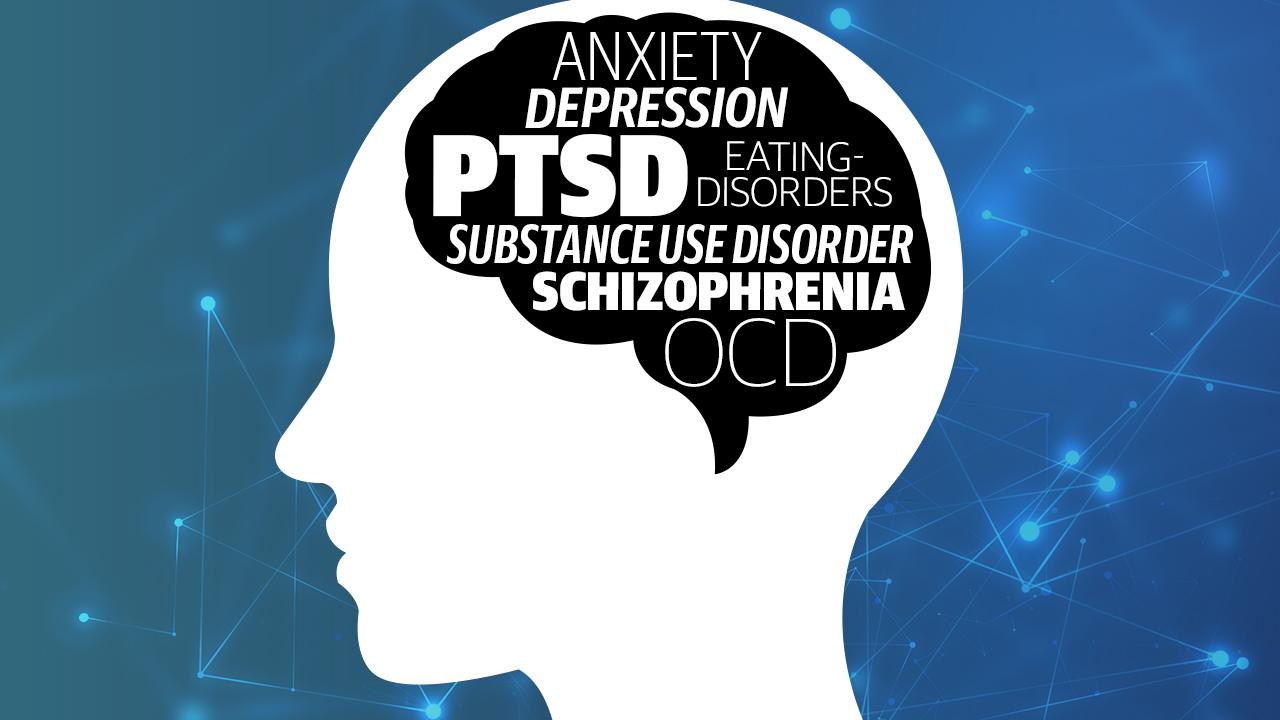Strategies to manage patients with dental anxiety
What is dental anxiety? A person who is suffering from dental problem can suffer from dental anxiety. This is mainly the fear, anxiety or stress associated with dental setting. For this anxiety, the person can delay or deny the visit to dental office or dentist. If this dental anxiety goes out of control and leads to higher problems, then it can turn into a dental phobia.

How can we identify the dental anxiety?
The following symptoms can identify the dental anxiety in a person:
- Sweating
- Fast heartbeat
- Low blood pressure (in some cases even the person can faint)
- Signs of panic including crying
- Trying to mask the anxiety by withdrawal or by using humour or aggression.
Causes of Dental Anxiety:
There can several causes behind dental anxiety. Most common causes are as follow:
- A traumatic or bad experience related to dental.
- Some traumatic experience that includes abuse.
- Trust issues
- Fear of being in a situation from where you cannot escape.
- A sense of invasion of personal space as mouth is considered under this category.
Who is mostly affected by dental anxiety?
Mostly children are very much prone to dental anxiety. Some of them might develop this anxiety from some bad experience they have encountered while visiting a dentist. Some of them might be scared of tools used for dental treatment.
Adults can also get affected by dental anxiety and all of them should be handled by the professionals with appropriate approach to overcome their problem.
How can we overcome the dental anxiety?
- Identify the problem:
The doctor should be able to identify the fear, anxiety of phobia in the patient at the very fast visit only. In some cases, the patient may disclose their problem to doctor but in most of the cases they tend to hide the problems from the doctor. It is expertise of the doctor that should be able to identify the problem in the patient.
- Treatment of anxiety:
The doctor can definitely suggest the treatment for the person suffering with dental anxiety. That may include behavioural therapy, cognitive therapy, general anaesthesia, conscious sedation etc. It totally depends on the condition of person suffering from dental anxiety.
Behavioural therapy includes the modification of behaviour in the person that means need to teach them to accept the situation normally and go ahead with the treatment.
Cognitive therapy will help in taking control over negative thoughts.
General anaesthesia or conscious sedation will be done by the dentist and an anaesthetist. Though, the patient might feel much relaxed in this process as they don’t have to face the situation consciously, but it is not going to help them to overcome their anxiety ultimately.
All these treatment methods need to be performed by professionals only.
- Psychological Coping Techniques:
There several psychological coping techniques can be applied to treat the dental anxiety. Some of them can be tried by the person himself and some will be applied by the doctors only. They are as follow:
- Meditation
- Deep Breathing can be practiced regularly
- Progressive muscle relaxation
- Making an arrangement with your dentist to stop the treatment process at any point of time if you are not feeling comfortable.
- Hypnosis (should be done by professionals)
Dental anxiety can be easily cured if handled by an experienced and well-trained professional. Try to overcome it by yourself at first before taking any professional help. Otherwise, it is always better to take professional help before your dental problem become worse and makes you more and more sick.



